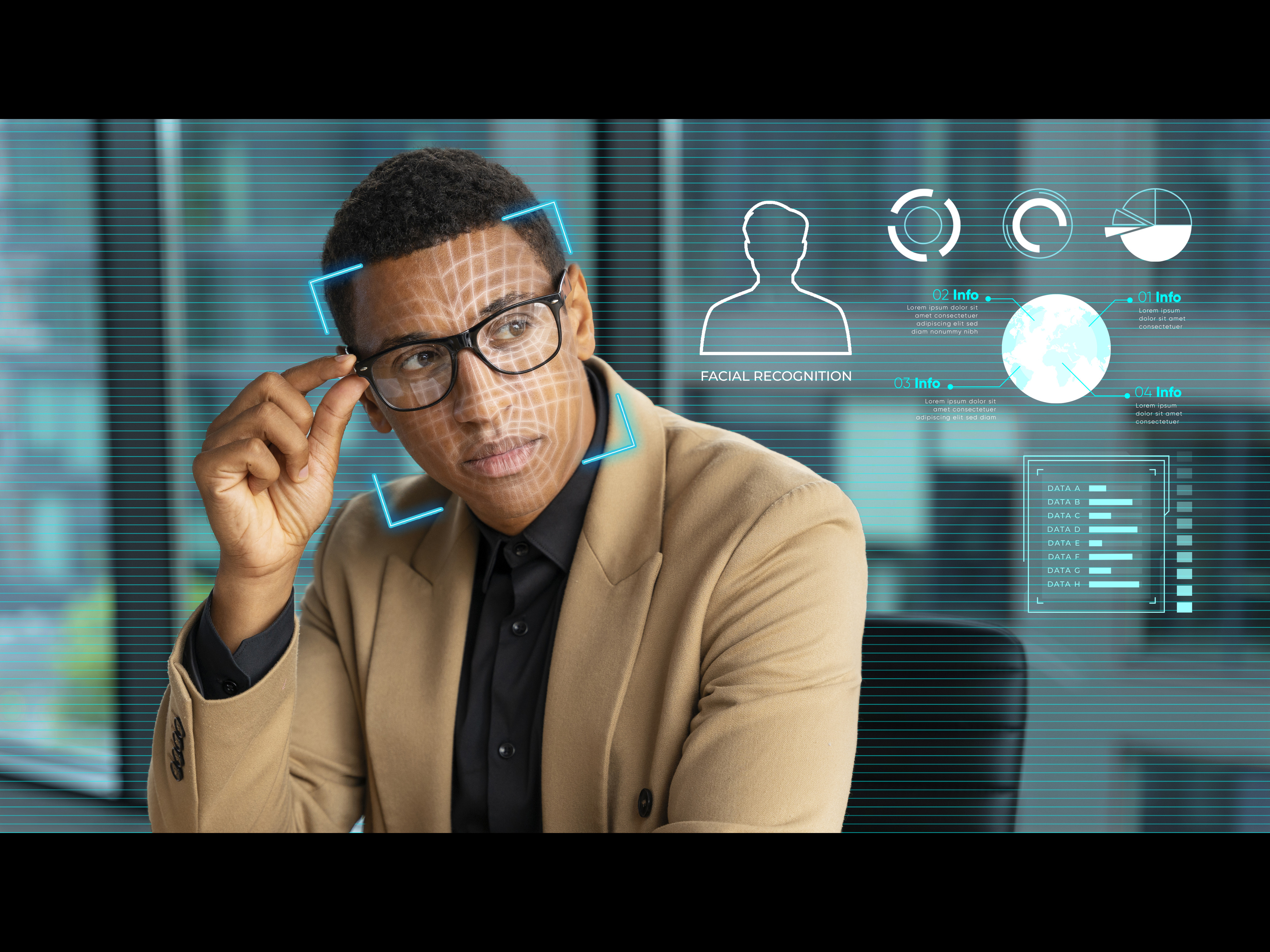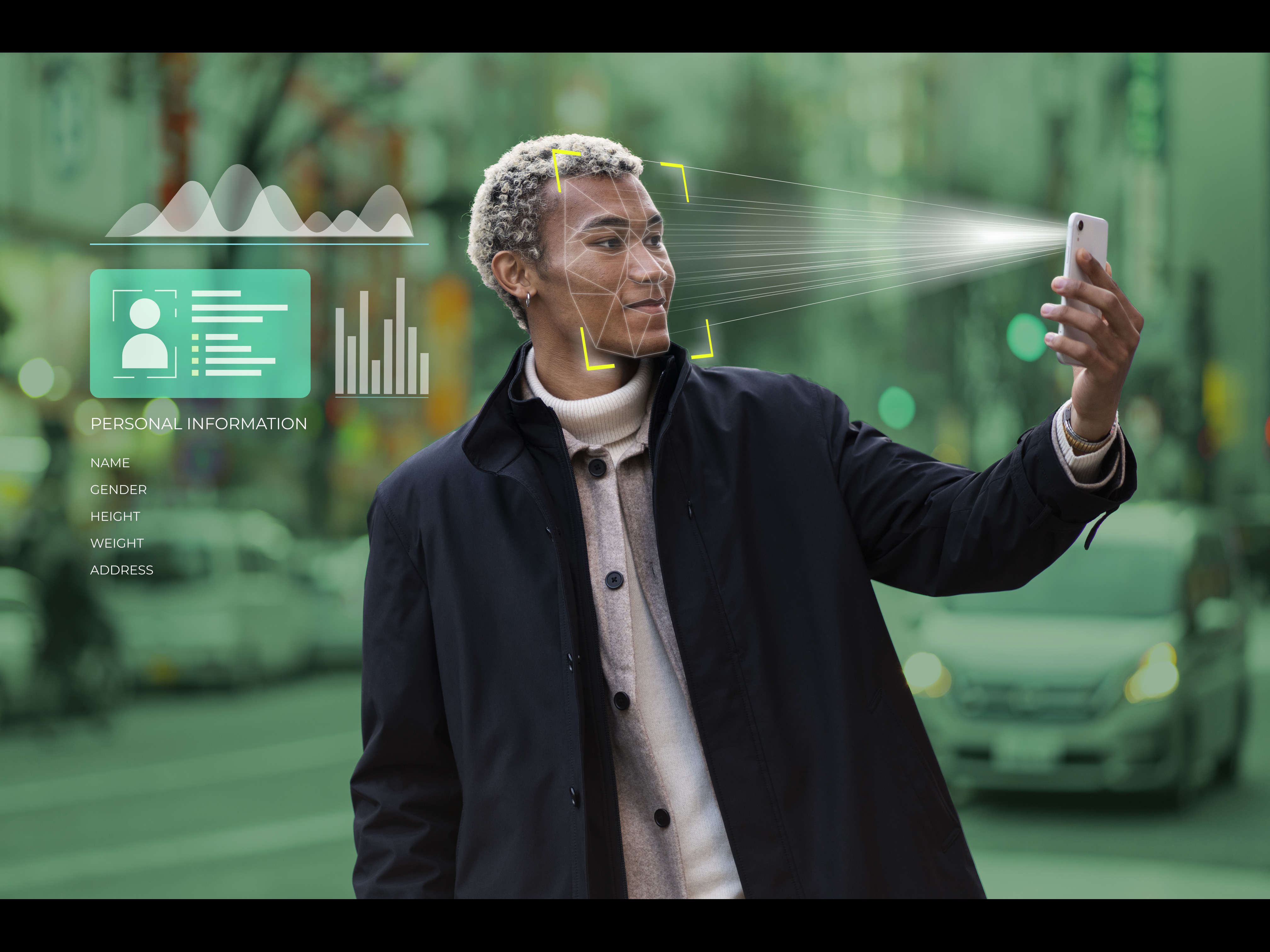In today’s rapidly changing world, artificial intelligence (AI) is no longer just a futuristic concept, but a transformative technology that has begun reshaping our everyday lives. At the heart of this change are AI agents, powerful tools that are set to become indispensable to individuals and businesses alike. But what exactly are AI agents, and how can we harness them for a productive life?
In this blog, we will break down the concept of AI agents, explain how they work, and provide practical examples of how anyone, even those with little tech knowledge, can use them to improve their productivity and daily life in 2025 and beyond

A.I Agent joke
Why did the AI agent refuse to be called Agent 47?
Because it’s not here to cause havoc, it's here to debug your problems, optimize your day, and save lives... one perfectly timed reminder at a time! 😎💻
What are AI Agents?
Simply put, an AI agent is a system designed to perform tasks, make decisions, and solve problems on behalf of a user, all while learning from past experiences and adapting over time. Unlike traditional software, AI agents are capable of understanding and interacting with the world, often in ways that mimic human behavior.
To put this in simpler terms, imagine you have a personal assistant who can schedule meetings, remind you about your tasks, help you with your emails, and even predict your needs before you ask. That’s essentially what an AI agent does but on a much larger scale.
Key Features of AI Agents:
-
Autonomy: AI agents can operate independently without constant supervision.
-
Adaptability: They learn from new data and experiences to improve over time.
-
Decision-making: AI agents can make informed decisions based on patterns and data they analyze.
-
Personalization: They tailor their responses and actions to suit the individual user’s preferences.
How AI Agents are Shaping the Future
AI agents are already making an impact in various fields. Let’s explore some practical, real-world applications:
1. Personal Productivity
Imagine starting your day with an AI agent managing your tasks. From setting reminders to automatically sorting through your emails, AI agents are helping individuals streamline their day-to-day activities. Some common AI agents you can use for personal productivity are:
-
Google Assistant / Apple Siri / Amazon Alexa: These voice assistants are AI agents that can help you with simple tasks like setting alarms, sending messages, checking the weather, or making phone calls.
-
AI-based Calendar Management: AI agents can scan your emails and messages to automatically schedule meetings, book appointments, or even suggest the best time for an event based on your availability and preferences.
-
AI Email Assistants: Tools like Superhuman use AI to prioritize important emails, suggest quick responses, and even help you manage your inbox more efficiently.
Practical Example: Let’s say you have an important meeting tomorrow. Your AI assistant, like Google Assistant, checks your schedule, finds the best time to set up a reminder, and even notifies you about potential traffic delays before you leave home.
2. Business Automation
For businesses, AI agents are transforming operations by automating tedious tasks, freeing up employees for more strategic work. Some examples of how AI agents can be used in business settings include:
-
Customer Service: AI-powered chatbots (like Zendesk or Drift) can handle common customer queries, allowing human agents to focus on more complex problems.
-
Sales and Marketing: AI agents help businesses analyze customer data to create personalized marketing campaigns. They can even manage advertising bids on platforms like Google and Facebook automatically.
-
Financial Advisors: Robo-advisors like Betterment or Wealthfront use AI to offer investment advice, automatically adjust portfolios based on market trends, and minimize human error in financial decisions.
Practical Example: Imagine running a small e-commerce store. An AI agent can monitor customer behavior on your website, send personalized discounts, recommend products, and even handle follow-up emails, all while you focus on growing your business.
3. Health and Wellness
AI agents are also revolutionizing the healthcare industry. They help individuals track their fitness, manage chronic conditions, and provide personalized health advice. Here are a few examples:
-
AI Health Assistants: Apps like Ada and Your.MD use AI to assess symptoms and suggest potential causes. This helps individuals quickly determine whether they need medical attention or can manage the issue at home.
-
Fitness Coaches: AI agents like Freeletics or Peloton analyze your workouts and progress, suggesting tailored exercise plans and motivational tips based on your goals.
-
Sleep Assistants: Apps like Sleep Cycle track your sleep patterns, offering insights into your sleeping habits and recommending improvements for better rest.
Practical Example: If you struggle with sleep, an AI-powered sleep assistant could analyze your sleep cycle, provide insights about factors affecting your rest, and suggest actions like adjusting room temperature or modifying your bedtime routine.
4. Education and Learning
AI agents are transforming how we learn and study. With personalized learning systems, AI agents can act as tutors, helping students improve their knowledge at their own pace.
-
Language Learning Apps: Apps like Duolingo or Babbel use AI to customize lessons based on your progress, helping you learn new languages more effectively.
-
AI Tutors: Platforms like Codedevpay, Khan Academy and Coursera offer AI-powered courses that adapt to the learner’s strengths and weaknesses.
-
Study Assistance: AI can help students with organizing study schedules, setting reminders for exams, and even suggesting study material based on what they’ve previously learned.
Practical Example: As a student, you can use AI to create a personalized study plan. Based on your past performances and goals, the AI agent suggests when to study certain subjects, reminds you of upcoming deadlines, and tracks your progress.
5. Entertainment
AI agents are changing the entertainment industry, creating personalized experiences in ways we never thought possible.
-
Recommendation Engines: Streaming platforms like Netflix and Spotify use AI agents to analyze your watching or listening habits and recommend content that suits your preferences.
-
AI-generated Content: Some platforms are using AI to generate stories, music, and even video content. For example, OpenAI's GPT-3 can write articles, blogs, and even stories, while AI algorithms create new music compositions.
-
Virtual Reality and Gaming: AI agents in games learn from your behavior to create challenges, adjust difficulty levels, and even offer real-time tips to improve your gaming experience.
Practical Example: While watching a movie on Netflix, an AI agent monitors what genres you prefer, when you stop watching a movie halfway, and recommends similar content based on your behavior.
How to Start Using AI Agents for Your Productive Life
The key to leveraging AI agents in your everyday life is choosing the right tools for your specific needs. Here’s how you can get started:
- Identify Areas Where You Need Help: Are you struggling with managing your schedule, answering customer queries, or staying on top of your health goals? Pinpoint tasks where AI could make a difference.
-
Choose Simple AI Tools: Start with AI assistants you’re already familiar with, such as Google Assistant, Siri, or Alexa, and gradually explore more specialized tools in areas like productivity, business, or health.
-
Learn About Automation: Many AI tools allow you to automate repetitive tasks, such as scheduling meetings or sorting emails. Explore tools like Zapier or IFTTT that connect your apps and automate actions.
-
Track Your Progress: AI agents are most effective when they learn from past experiences. Track your interactions with AI tools and let them adapt to your habits and preferences over time.
While AI agents offer significant benefits in terms of productivity, efficiency, and convenience, they also come with certain challenges. Understanding these challenges is important to use AI effectively and responsibly. Here are some key challenges associated with AI agents:
1. Privacy and Security Concerns
AI agents often need access to personal data in order to function effectively. For instance, personal assistants like Siri or Google Assistant might need access to your contacts, location, calendar, and search history to provide personalized responses.
-
Data Privacy: The more data AI agents collect, the greater the risk of data breaches, misuse, or unauthorized access. There’s always the possibility of sensitive data being exposed or misused by third parties.
-
Security Vulnerabilities: AI systems can also be vulnerable to hacking. Malicious actors could manipulate AI agents to gain access to your personal information or even control connected devices (like smart home systems).
Example: If a hacker gains access to your AI-powered home assistant, they could potentially control lights, locks, and other smart devices, posing a significant security risk.
2. Lack of Transparency and Accountability
AI agents are often seen as "black boxes" whose decision-making processes are not always clear to users.
-
Opaque Decision-Making: AI agents make decisions based on complex algorithms and data patterns, but it’s often difficult for users to understand why a decision was made. This lack of transparency can lead to distrust, especially when AI makes decisions that affect people’s lives.
-
Accountability Issues: If an AI agent makes a mistake, such as providing incorrect advice or making a wrong decision, it may not be clear who is responsible for the outcome. This can create challenges in determining liability, especially in sectors like healthcare or finance.
Example: An AI-powered healthcare assistant might provide a diagnosis that turns out to be wrong. Determining who is responsible whether it's the developers, the AI system, or the user can be complicated.
3. Bias and Ethical Issues
AI agents learn from the data they are trained on. If this data is biased, the AI system will reflect those biases, leading to unfair or unethical outcomes.
-
Data Bias: If AI agents are trained on biased data (e.g., data that doesn’t represent all groups of people equally), they may make decisions that are unfair or discriminatory.
-
Ethical Concerns: AI agents that interact with people (e.g., virtual assistants or chatbots) may unintentionally reinforce stereotypes or make unethical decisions. Moreover, AI’s role in replacing human jobs raises ethical questions about employment and social inequality.
Example: If an AI agent is trained on data that predominantly includes certain demographics, it may make decisions that overlook or disadvantage others, such as recommending financial products that are more suitable for one group than another.
4. Over-Reliance on AI
As AI agents become more integrated into daily life, there is a risk that people may become overly reliant on them, losing essential skills or judgment in the process.
-
Dependency: If individuals rely too heavily on AI for decision-making, problem-solving, or simple tasks, they may lose their ability to think critically, make decisions independently, or even remember basic information.
-
Loss of Human Element: In certain areas, such as customer service, users may prefer to interact with humans instead of AI. Over-reliance on AI agents could erode the personal touch that human interactions offer.
Example: If you always rely on an AI assistant to set your calendar, you might forget how to organize your schedule or handle unexpected changes without it.
5. Limited Understanding of Context
AI agents are often highly specialized and lack the general understanding of context that humans naturally possess.
-
Misinterpretation: AI agents can sometimes misunderstand the nuances of a situation. For instance, a virtual assistant may not fully understand the subtleties of a conversation or the emotional tone behind a message, leading to responses that seem impersonal or incorrect.
-
Inflexibility: While AI is great at handling specific tasks it’s trained on, it can struggle with situations outside its training. An AI agent might fail to adapt to new or unusual scenarios, whereas a human would easily navigate these challenges.
Example: If you ask a virtual assistant about an ambiguous topic, like "What’s the best way to relax?", it may provide generic advice that doesn’t consider your specific needs or preferences.
6. Complexity of Integration
Implementing AI agents into existing systems can be challenging, particularly for individuals or businesses without technical expertise.
-
Integration with Existing Systems: For businesses, integrating AI agents into current software systems or workflows may require significant time, effort, and financial investment. Sometimes, these integrations don’t work smoothly, leading to inefficiencies.
-
User Training: Users may need to be trained to effectively use AI agents, especially if they are complex or specialized. For non-technical individuals, learning to use AI tools may seem daunting, and the complexity can be a barrier to adoption.
Example: A small business trying to integrate an AI-powered chatbot into their website might face challenges configuring the system to handle customer queries effectively or may need to invest in training staff to manage the tool.
7. Job Displacement
The rise of AI agents can also lead to concerns about job losses, particularly in industries where automation is most effective.
-
Automation of Jobs: AI agents can replace human workers in various tasks, from answering customer queries to performing data analysis. While this can increase efficiency, it can also lead to job displacement, particularly for lower-skilled workers.
-
Upskilling Challenges: Workers who are displaced by AI may need to be retrained in more advanced roles. This process of upskilling can be time-consuming and costly, especially in industries where new skills are needed quickly.
Example: In the customer service industry, AI agents may handle the majority of support requests, leading to a reduction in the need for human customer service agents.
8. Cost and Accessibility
Not everyone has equal access to AI-powered tools, particularly in regions with limited resources.
-
High Costs: While some AI agents are free, others, especially those for businesses, can be costly to implement and maintain. For individuals or smaller businesses, the upfront investment can be prohibitive.
-
Technological Divide: Access to AI technologies often depends on factors like internet access, device availability, and technological literacy. People in developing regions or without technical knowledge may struggle to benefit from AI.
Example: While large corporations can easily invest in AI-driven analytics and customer service tools, smaller startups may not have the budget to integrate advanced AI systems.
In conclusion, while AI agents hold immense potential to enhance productivity, business operations, and daily life, their successful integration into society will require addressing challenges such as data privacy, biases, and job displacement. With ongoing advancements in research, transparency, and regulation, AI agents can become increasingly effective and beneficial tools. As we move into 2025 and beyond, embracing AI will enable individuals from beginners to experts to leverage these tools for more personalized, efficient, and fulfilling lives. By understanding the challenges and embracing AI's possibilities, we can make the most of its transformative power in a responsible manner.








Leave A Comment
Our staff will call back later and answer your questions.